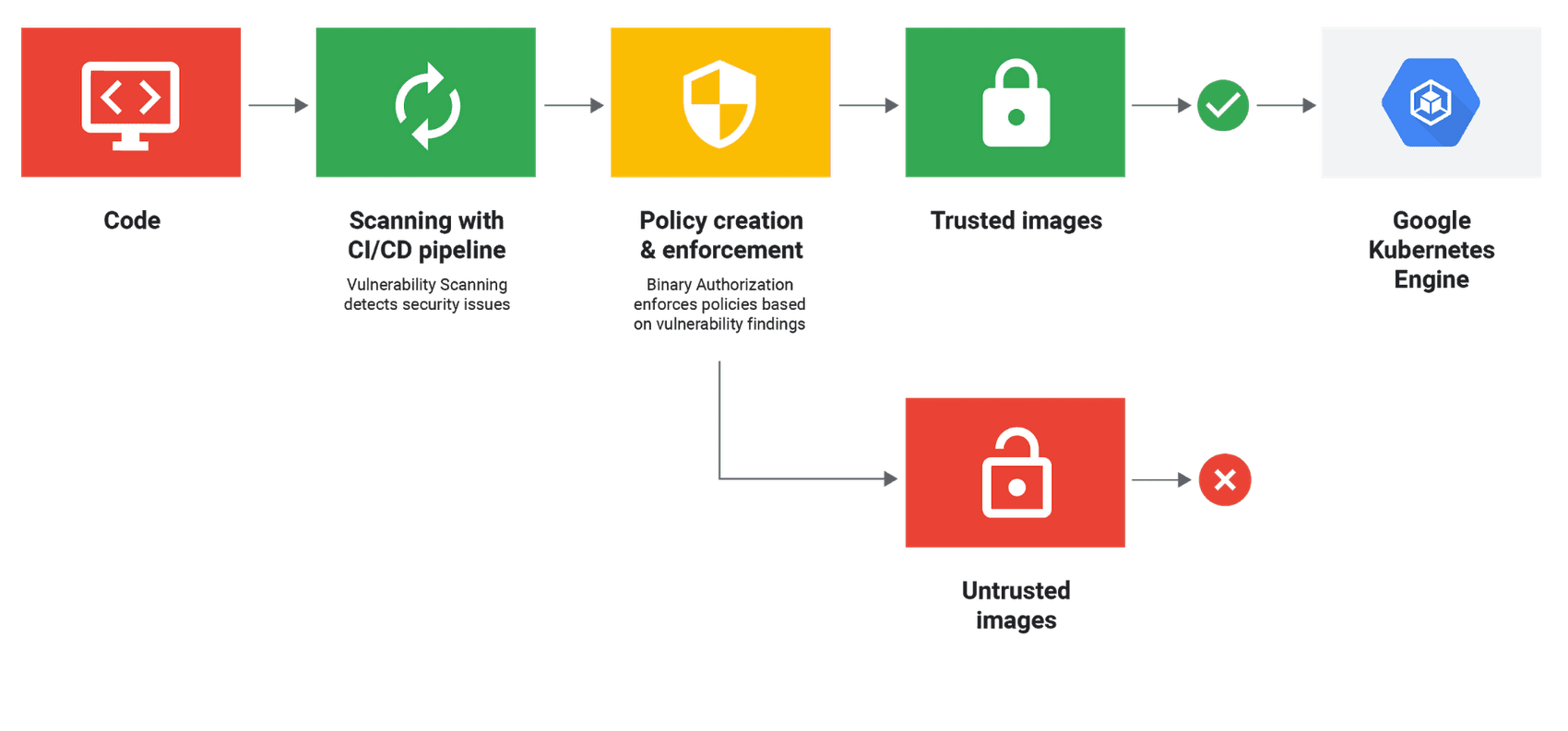As Google heads to its Cloud Next Tokyo ’18 conference, it has announced a number of new offerings for Google Cloud Platform. Two of the most significant announcements which the company made are— beta release of Container Registry vulnerability scanning, and general availability of Cloud Memorystore for Redis.
-
Container Registry vulnerability scanning
It will enhance the Google’s Cloud Build CI/CD (continuous integration/ continuous delivery) platform.
The new capability will help DevOps teams to automatically detect known security vulnerabilities in the CI/CD processes during the early stages. It will help in preventing the deployment of vulnerable images to the containers.
It is critical for developers to ensure that the container images are safe and free of known vulnerabilities before they are deployed. The aim of new capability is to integrate security into CI/CD from the beginning, and reduce the time required to remediate security issues.
Google said that security controls should happen automatically, rather than as a part of some manual process. The system should block the vulnerable images automatically according to the policies specified by DevSecOps team.
The Container Registry vulnerability scanning will make the CI/CD security comprehensive, from scanning images to enforcing validation.
With the Container Registry, all the container images built using Cloud Build will be automatically scanned for operating system package vulnerabilities. It will provide feedback about the threats in container images, and check for issues when containers are built.
Furthermore, the Container Registry vulnerability scanning is integrated with Binary Authorization security control. It will make sure that only secure and trusted container images get deployed on Kubernetes Engine without doing anything manually.

-
Cloud Memorystore for Redis
Google has announced the general availability of its fully managed in-memory data store service called Cloud Memorystore for Redis.
Built on Google’s scalable and reliable infrastructure, the Cloud Memorystore was launched in April as a beta release. The service can be used to automate complex tasks like provisioning, scaling, failover, and monitoring of applications.
The aim of Google with its new service is to help organizations focus on applications rather than IT operations. Since it is fully compatible with open source Redis protocol, the organizations can migrate the applications to Google Cloud Platform without making any changes to code.
“We announced the public beta of Cloud Memorystore earlier this year, and we’ve integrated your feedback into this generally available product. It’s now ready to serve your production workloads,” wrote Gopal Ashok, Product Manager, Google Cloud Platform, in a blog post.
“Cloud Memorystore lets you take advantage of the scalability and flexibility of open source Redis to reduce latency and speed up application services.”
Google has worked on several aspects of Cloud Memorystore since its public beta release. For instance, the search engine giant exposed a rich set of Memorystore metrics to Google’s monitoring and management tool Stackdriver. It will help users build dashboards for server-side monitoring and crease custom alerts.
Improvements have been made to performance and logging so that users can easily troubleshoot Cloud Memorystore backend issues.
Also read: Google grants $9 million cloud credit to CNCF for further development of Kubernetes
Cloud Memorystore is now generally available in Tokyo, Singapore, Netherlands, Oregon, Iowa, South Carolina, Belgium, and Taiwan.
Image source: Google








